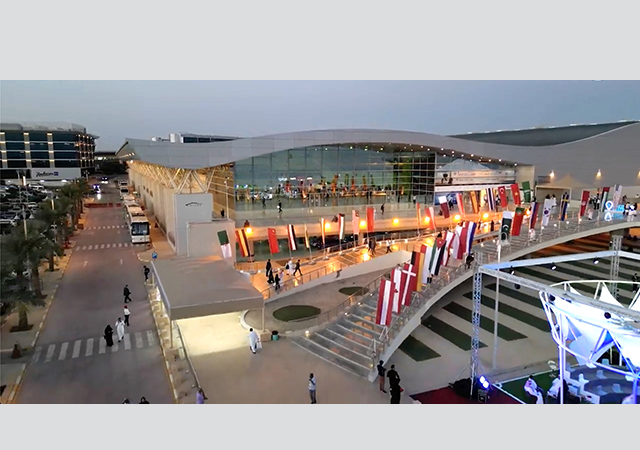
 Rockwool ... makes the difference.
Rockwool ... makes the difference.
ROCKWOOL Technical Insu-lation, a global leader in protective technical insulation against fire, heat, cold and noise for the building, process, marine and offshore industries, has set its eyes on further growth in the region.
The Middle East has rapidly become the company’s fastest growing export markets with the region contributing 50 per cent of export revenues last year.
“With major multi-billion-dollar buildings and projects being constructed across the region, there is greater awareness of the need to provide better protection against fires spreading,” says Peter Vinken, export director of Rockwool Technical Insulation, which made its debut at The Big 5 show in Dubai last month.
“Many of not only the tallest but the most complex projects in the world are under construction in the Middle East and the extra time our products provide to evacuate buildings in a fire emergency can mean the difference between life and death,” Vinken says.
Structural steel loses its load-bearing capacity at temperatures above 400 deg C, he explains. “One of the most vital properties of Rockwool stone wool is its ability to withstand temperatures of more than 1,000 deg C,” Vinken adds.
“Properly used, Rockwool stone wool acts as a fire-resistant barrier providing vital extra minutes for rescuing people,” he says.
The company, part of the Denmark-headquartered Rockwool Group, is a market leader in the area of technical insulation in most European countries.
Speaking about prospects in the region, Vinken says: “With new plants being commissioned virtually every few months, large quantities of high standard insulation materials are needed. The whole Middle East region continues to exhibit huge market potential for high quality products for projects in the building and process industries.”
Rockwool insulation is one of few products that can save more than 100 times the energy used for its manufacture, states the company. It conserves energy resources and reduces air pollution and CO2 emissions by minimising the combustion of fuel.
“We also have a programme, which can help companies to reduce carbon dioxide emissions in the process industry,” he adds.





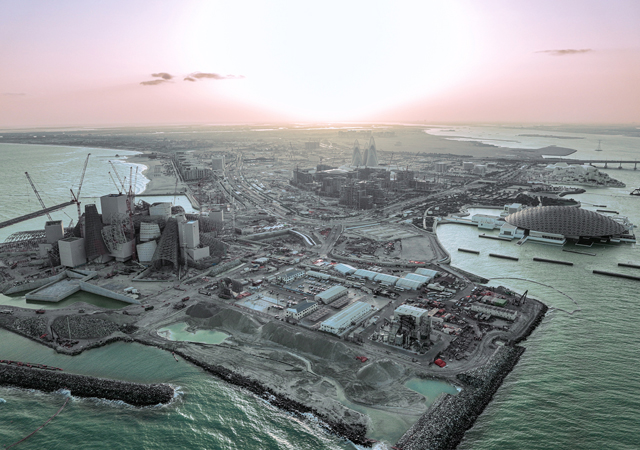



.jpg)





.jpg)


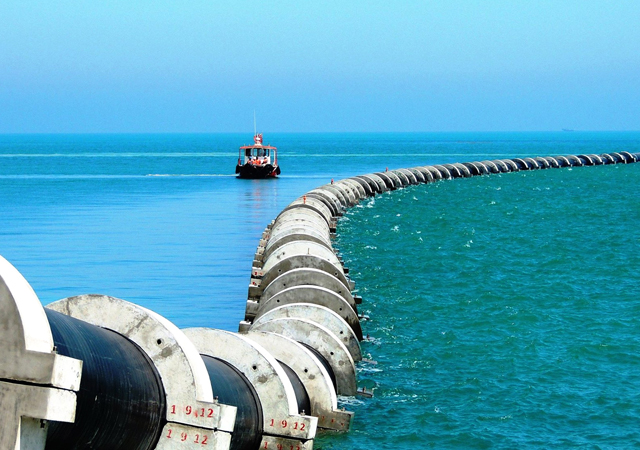



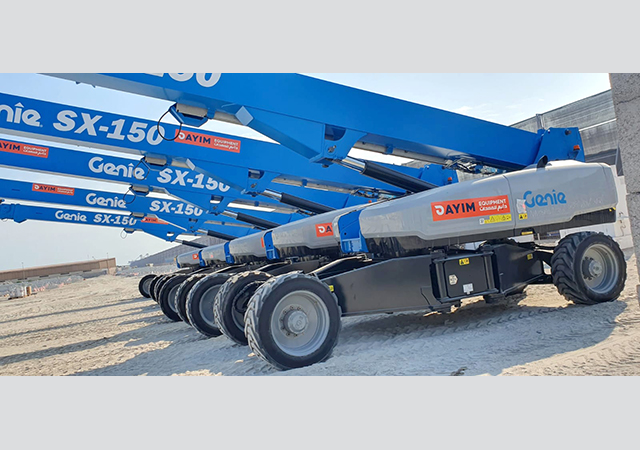
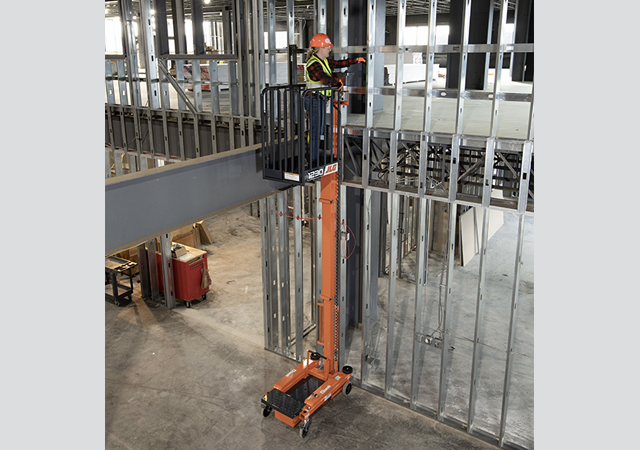
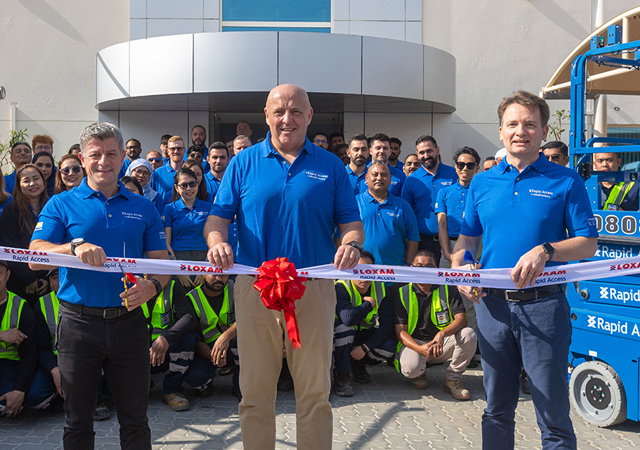
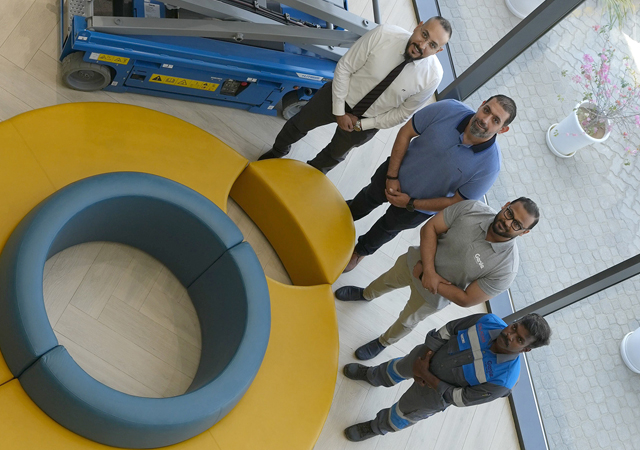
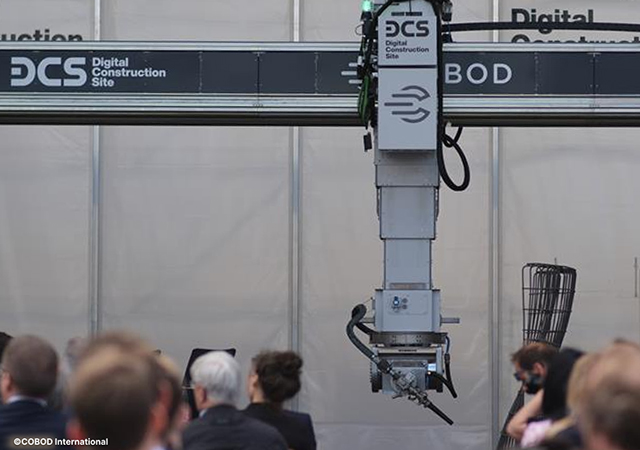
Doka (2).jpg)




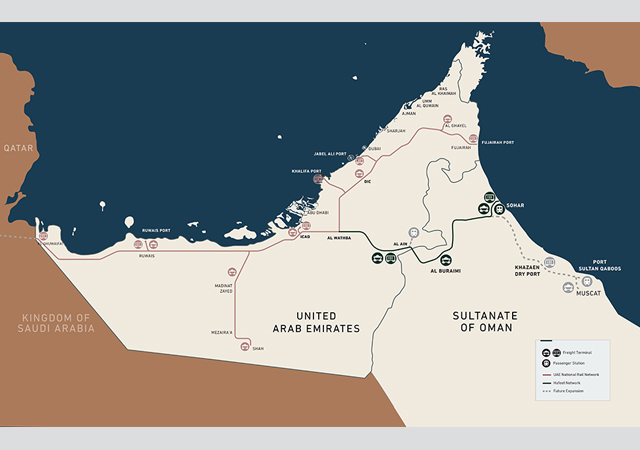



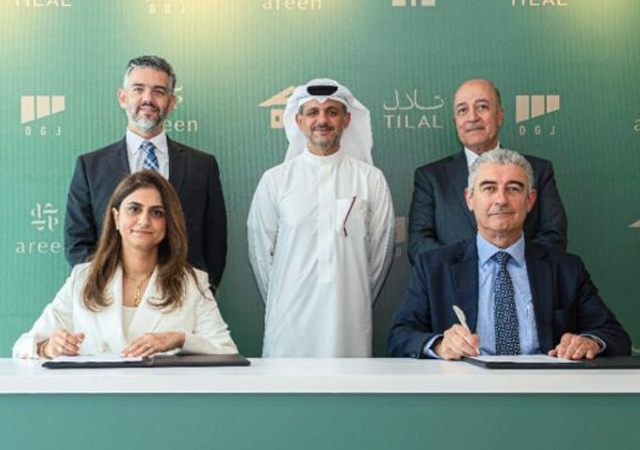
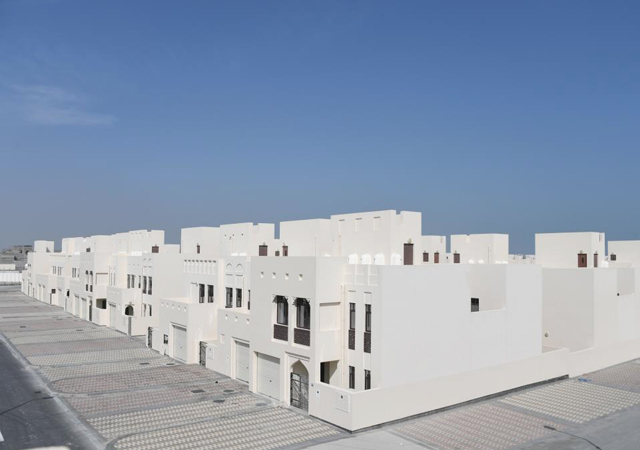

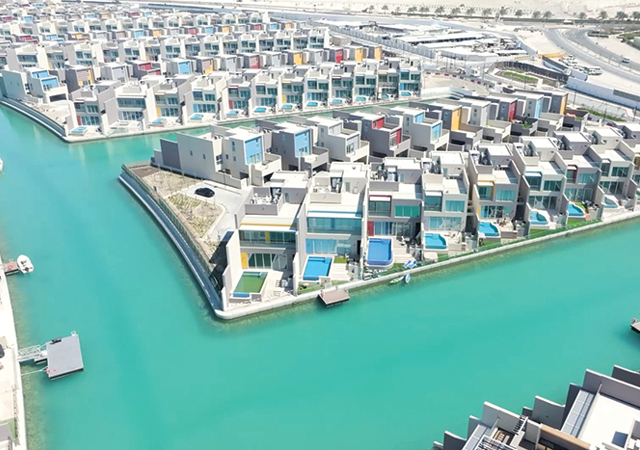




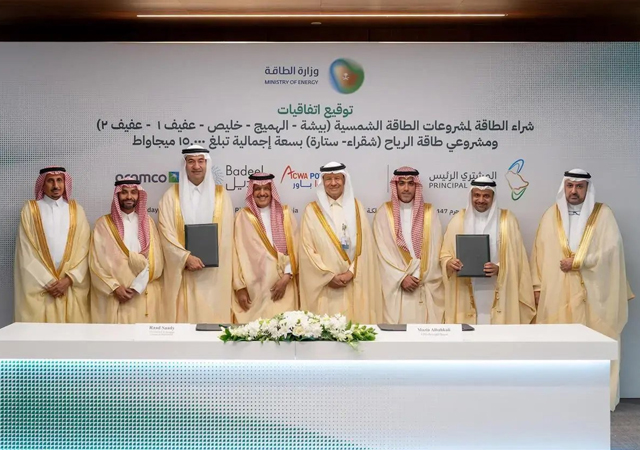
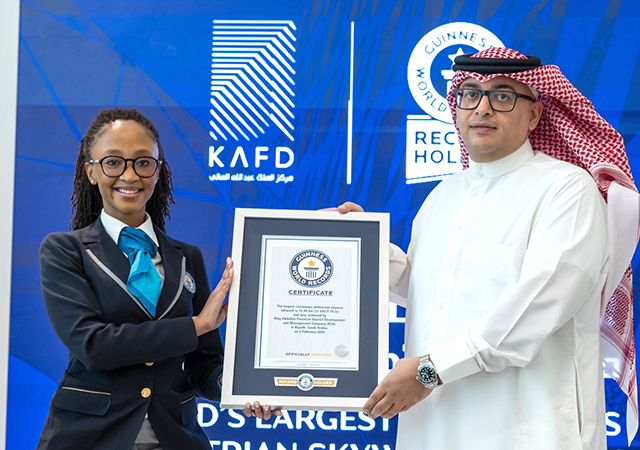

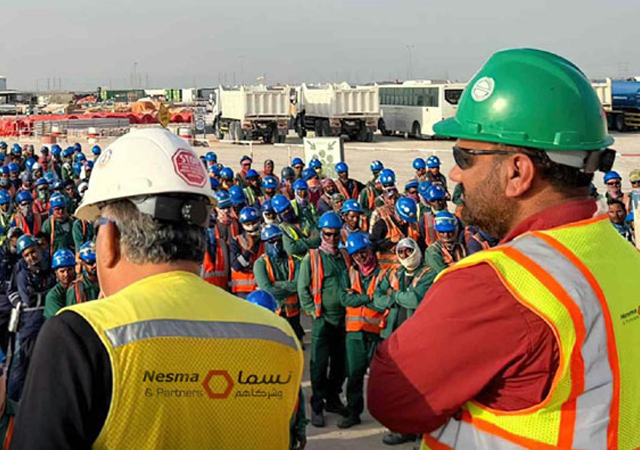

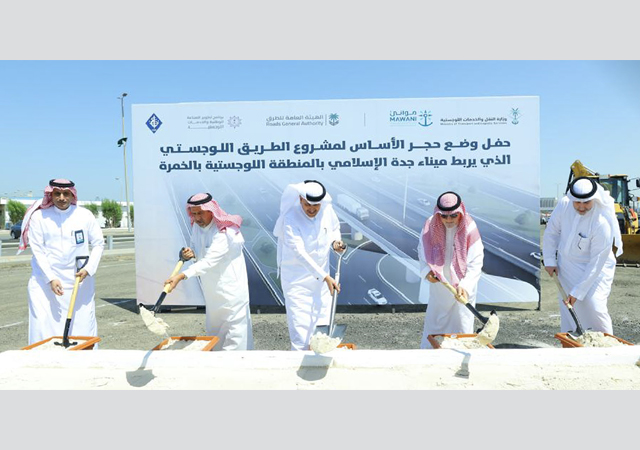








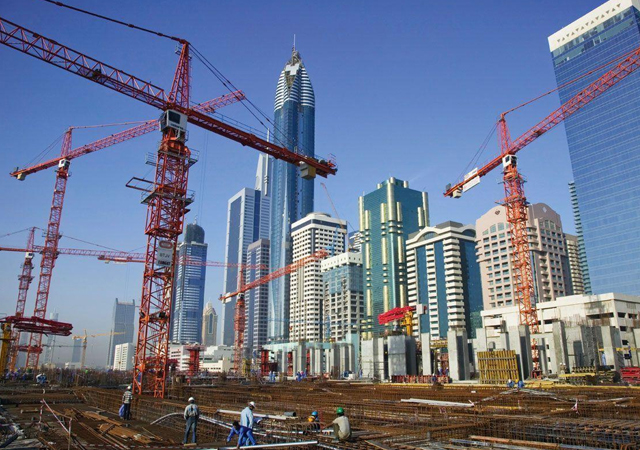




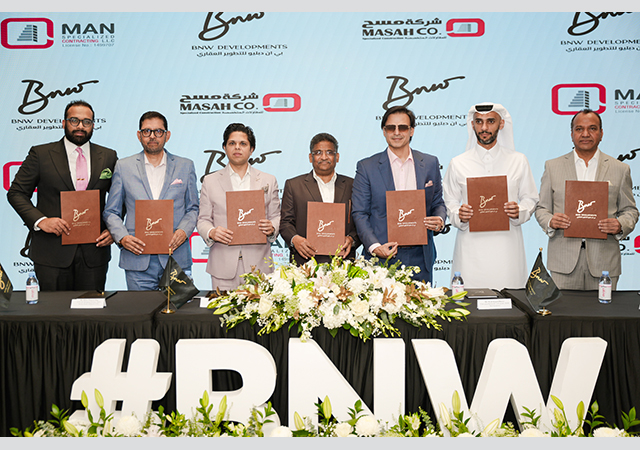




.jpg)
.jpg)

.jpg)
